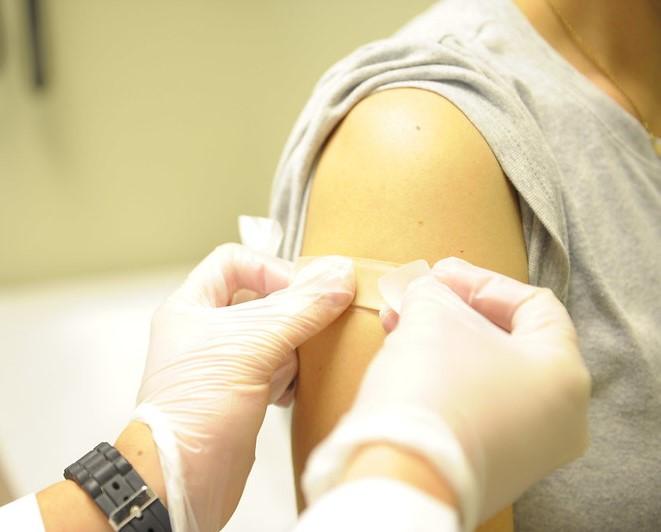
An analysis of veterinary data from Germany found that about 12% of Escherichia coli isolates from the country's dogs and cats are resistant to third-generation cephalosporins, researchers reported yesterday in PLOS One.
In the study, a team led by researchers from Germany's Institute of Veterinary Epidemiology and Biostatistics analyzed antimicrobial susceptibility test results obtained from 3,491 veterinary practices in Germany (33% of all practices nationwide) from 2019 through 2021 through GERM-Vet, Germany's monitoring system for resistant pathogenic bacteria in animals. Out of 175,171 samples, they evaluated 25,491 E coli strains for resistance to several antibiotic classes, focusing on cefovecin, the only third-generation cephalosporin approved for veterinary use.
Third-generation cephalosporin-resistant E coli is considered a significant health threat in both people and animals, and the study authors note that cefovecin resistance can be reasonably compared to resistance to other third-generation cephalosporins. Third-generation cephalosporin-resistant E coli in companion animals is a particular concern because of the potential for transmission to owners.
"Due to the close contact between pet animals and their owners, information on resistance-carrying pathogens in companion animals is crucial for human health as well," the study authors wrote. "Knowledge about the occurrence and distribution are needed to gain further understanding and contribute to the One Health aspect of AMR [antimicrobial resistance]."
Data highlight need for integrated AMR surveillance
The proportion of E coli isolates that were resistant to cefovecin was 11.6%, with a similar proportion found in dogs (11.6%) and cats (11.7%). But there was notable local variation, with some regions showing resistance proportions around 15%. In addition, cefovecin-resistant E coli showed higher resistance levels to other antibiotics, specifically 30% for trimethoprim-sulfamethoxazole, 28% for chloramphenicol, 18% for enrofloxacin, and 14% for gentamicin.
The authors acknowledge that more research is needed to determine how often third-generation cephalosporin-resistant E coli is exchanged between pets and their owners, but they say the findings demonstrate the importance of integrated AMR surveillance.
"Accurate knowledge of antibiotic resistance in animal pathogens is crucial for the optimal use of antibiotics and benefits human and animal health," they concluded.

















